
NEWS
15-08-2020 by redazione
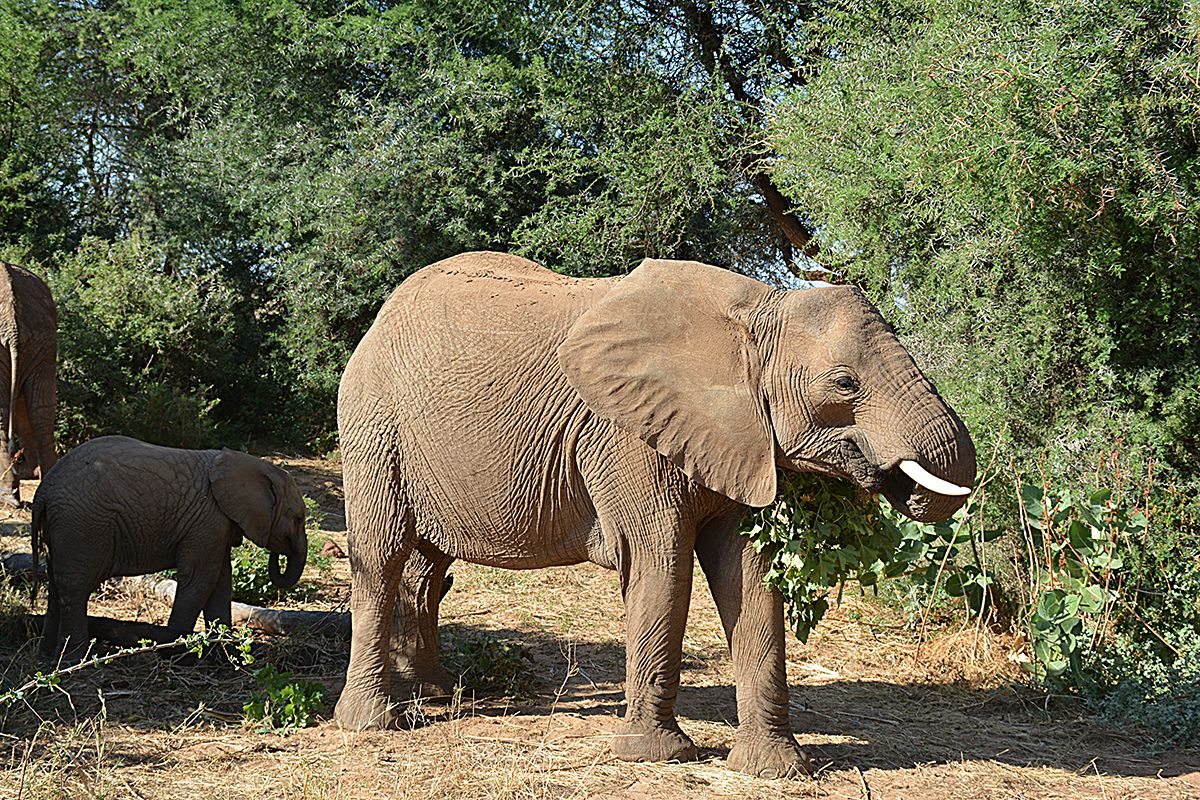
No tourists, more time and privacy to "have sex," but that's not all.
This could be more or less the thought of Kenya's elephants that in this period of global lockdown and forced absence of visitors in East Africa's natural parks, are reproducing themselves with numbers never recorded before.
According to the Elephant Protection Initiative Foundation, 140 baby elephants have been born in Amboseli National Park alone since the beginning of the pandemic. Of course, one cannot relate the births to the beginning of the pandemic that has emptied the parks, since the elephants have a gestation of 22 months, but experts ensure that the peace of mind in carrying out a pregnancy also has a great impact on the births. And that in the coming months, however, there will be some good ones, in terms of increases.
"The increase in births - explains Winnie Kiru, director of the foundation - is due to at least two factors: the lack of tourists due to the restrictions put in place to contain the spread of Covid-19 and the abundance of rain during the wet season, which has made the vegetation grow in large quantities to allow the elephants to feed properly and carry on their pregnancies easily.
"The ability of a female elephant to conceive and carry out a pregnancy depends very much on her physical condition and diet," explained Amboseli Trust for Elephant director Cynthia Moss to the media.
Other animal species, not only in Amboseli, are also reproducing with pleasure, in the case of elephants the news is greeted with double enthusiasm because of the danger of the killing of pachyderms due to poaching. A few days ago, north of Tsavo Park, a gang was arrested hiding some tons of ivory, while in the north of the country a high school teacher was arrested trying to sell two elephant tusks bought by poachers to plainclothes policemen who had set a trap for him.
WILDLIFE
by redazione

Fighting against poaching and the international ivory ban are yielding their fruits: in three years the number of elephants in Kenya has increased almost 15 percent (14.7 for precision).
The announcement was made by the Kenya Wildlife Service, thanks to the...
NATIONAL PARKS
by Leni Frau
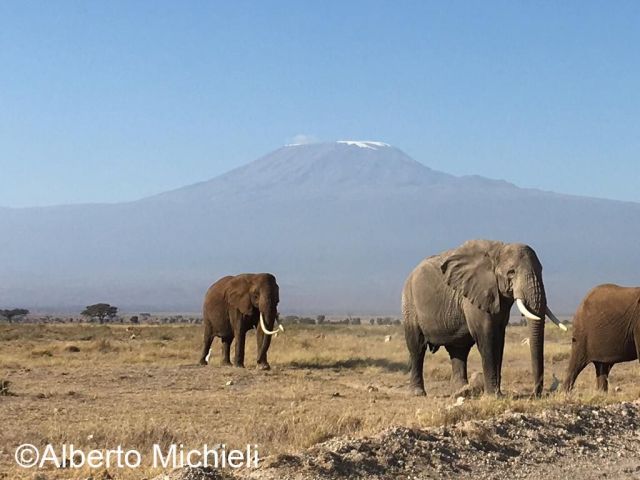
Amboseli National Park is one of Kenya's most popular parks and we can say that one of the ...
NEWS
by Leni Frau

At least two families of elephants from Tsavo East and the Galana Conservancy have left the park...
SAVANNAH
by Leni Frau
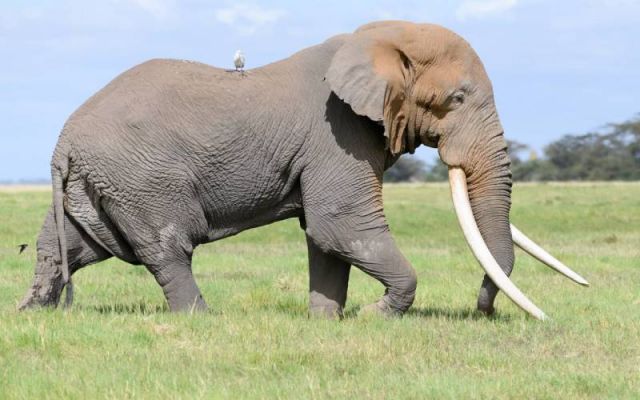
One of Kenya's largest and most famous elephants, known as Tim, died yesterday at the age...
ENVIRONMENT
by Freddie del Curatolo
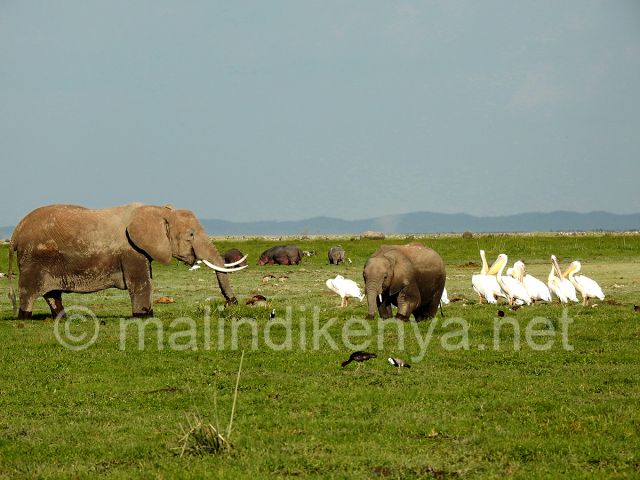
Called "the safari lounge," Amboseli National Park is famous not only for giving the view of Kilimanjaro from...
ENVIRONMENT
by Freddie del Curatolo
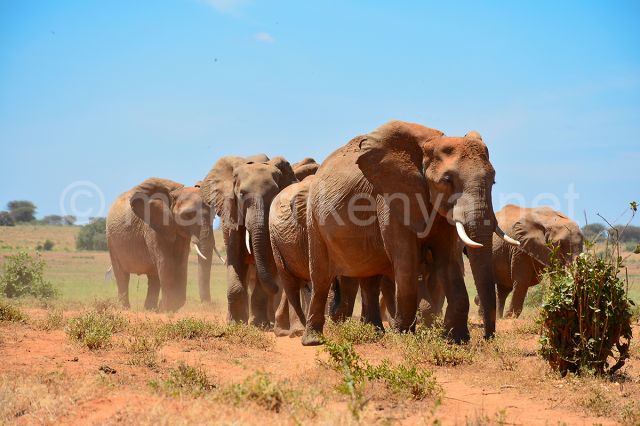
NATIONAL PARKS
by redazione

There are 64 parks and national reserves in Kenya, which is the country of the world with the widest variety of animal species in the wildside.
Even the vegetation varies from park to park and with it the microclimate and...
WILDLIFE
by Leni Frau
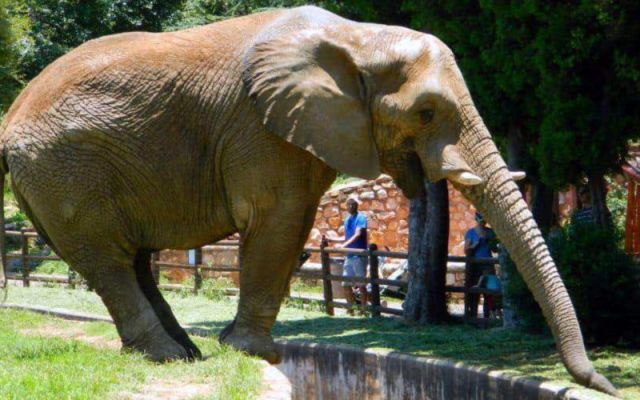
Fortunately for elephants, as it seems for most animals, there are no delta variants and if they do travel...
WILDLIFE
by Leni Frau

He was one of Tsavo's "Super Tuskers." Lugard, an iconic elephant with huge tusks and regal bearing, also...
CURIOSITY
by Freddie del Curatolo
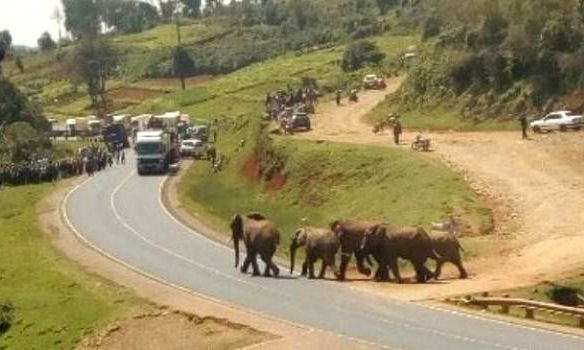
It's usually a matter of water.
Or even tastier leaves and...
WILDLIFE
by Leni Frau
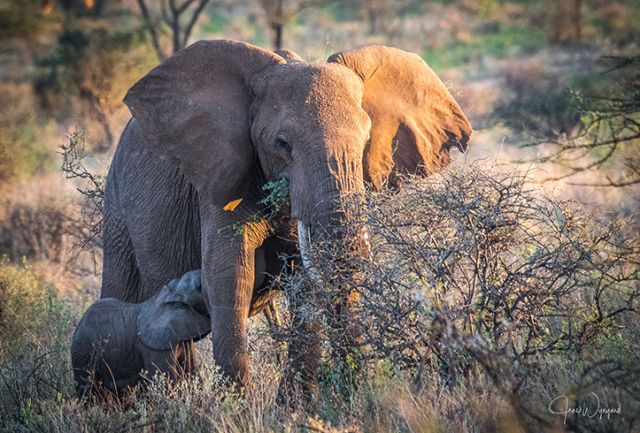
The story of the matriarch Monsoon, a female elephant from the Samburu region, is one to be told, to...